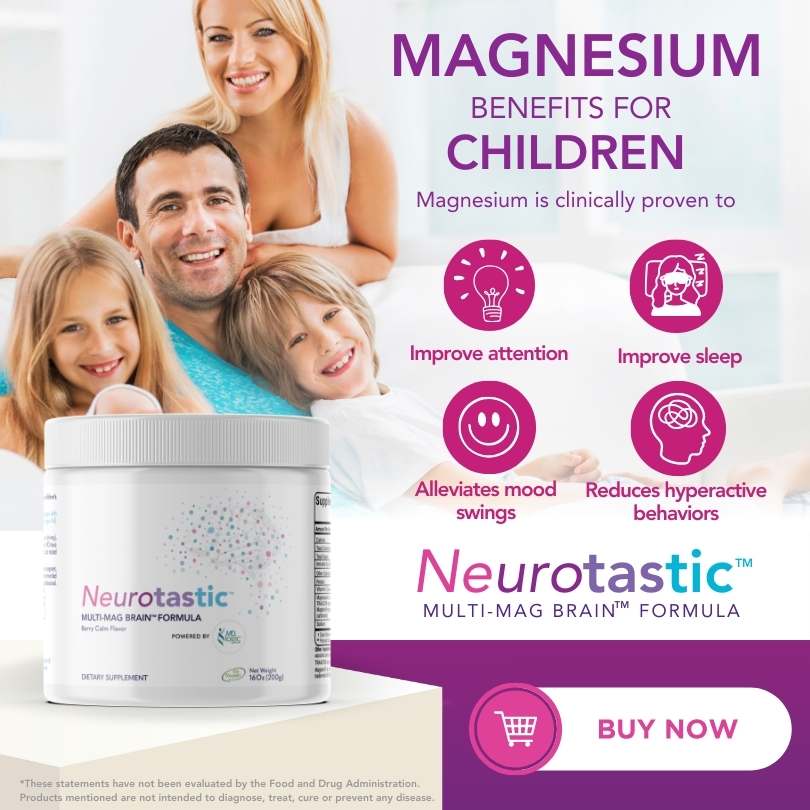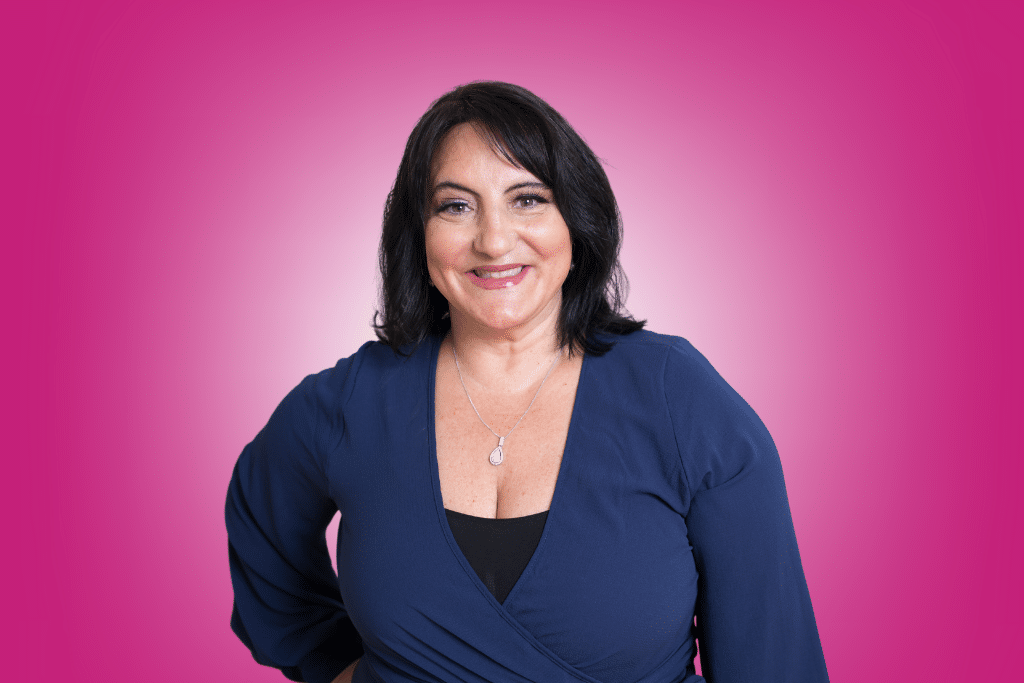Learn more about FAQS about magnesium in this podcast. Magnesium plays a crucial role in detoxification and numerous chemical processes in the body. Magnesium deficiency is not just a matter of mineral imbalance; it has profound implications for cognitive and mental health as it is closely linked to cognitive and mental health issues like concentration and attention problems, anxiety, and depression.
Understanding and addressing magnesium deficiency is crucial for promoting mental and emotional wellness, thus underscoring the vital importance of maintaining appropriate magnesium levels in the body. It is therefore important that we discuss all about magnesium so as to provide more insights about it.
Magnesium's role in neurotransmitters and detoxification.
Magnesium plays a crucial role in neurotransmitter function, particularly with serotonin and GABA. These neurotransmitters are vital for managing stress, attention, and mood. As we know, serotonin is essential for mood regulation, whereas GABA helps control excitatory neurotransmitter activity.
If you’re maintaining a healthy diet like me, it’s still important to take magnesium as it helps smooth out these processes. Personally, it makes me feel calm since it helps with the balance of excitatory neurotransmitters.
Magnesium also supports neuroplasticity. The brain’s hubs influence conditions like ADHD and learning disabilities but I want to emphasize that it's not just about structural issues but also about the connections and communication within the brain. This is why some individuals don't respond well to medications. Thus, we should explore alternatives like magnesium, meditation, neurofeedback, and counselling before resorting to medication.
Generally, magnesium is safe, but you should still be cautious if you have detoxification issues. Detoxification reactions may vary but it can likely make you feel unwell. In fact, there's something called a Herxheimer reaction, which occurs during infectious disease detoxification.
Improper detoxification can be a significant barrier to mental health, and it's essential to be mindful of genetic variants and the overall health of your system. It is thus important to always consult with your healthcare provider.
Magnesium supplements and their benefits for brain health.
I've been a passionate advocate of magnesium for over three decades, and it's because I've seen the positive impact it can have on individuals, particularly children. In fact, there are various types of magnesium and in our “Multi-Mag Brain Formula”, we've carefully selected different forms like magnesium bisglycinate and magnesium L-threonate, which can even cross the blood-brain barrier and have shown incredible benefits in improving attention, cognitive functioning, managing stress, anxiety, and mood.
To complement magnesium, vitamin D and zinc are excellent choices. Vitamin D has become increasingly important especially when COVID-19 pandemic happened. The good news is that we’re working on Brain Basics which will include essential nutrients I frequently recommend so make sure to watch out for that.

When to take magnesium?
Considering that there are various forms of magnesium, the best time to take magnesium depends on the type you're using. For our formula, taking it at night is common as it can help prepare for sleep and promote relaxation.
If you're dealing with anxiety, you might consider the possibility of taking magnesium more than once a day to effectively manage your symptoms. In fact, many of my clients have reported significant benefits from incorporating an extra dosage in the morning or midday to further enhance their anxiety relief. This practice has proven to be a valuable addition to their daily routine, contributing to a notable improvement in their overall sense of well-being and mental health. This product is also great for people who are experiencing magnesium deficiency symptoms.
Magnesium supplements crafted for mental wellness.
Our magnesium product can be mixed into water, making it convenient to use. You can adjust the dosage based on your clinical symptoms and consult your healthcare provider for guidance. Taking it at night is a good starting point, and it can significantly improve sleep and relaxation.
Our product is family-friendly, and we've provided dosing recommendations for different age groups on the label. Starting with a half scoop at night is suitable for a 4-year old. And if your child has anxiety, you may experiment with a smaller daytime dose.
We've designed our products with careful consideration and based on my three decades of experience and research. Moreover, our formula is crafted for mental wellness and is suitable for the whole family. However, results may vary, but consistency is key, and it can take some time to see the full benefits.
During our pre-launch period, we’ll be having a 20% discount so make sure to check that out. Also, subscribing through our ‘Subscribe and Save’ option provides additional benefits, including free access to our Calm Brain Community, which offers valuable resources and guidance on implementing natural solutions.
To learn more about magnesium, you may read the following blog posts:
101 Benefits of Magnesium: Empowering Your Child's Brain Health and Beyond
5 Surprising Ways Magnesium Helps ADHD, Anxiety, OCD and Depression
The Power of Magnesium for Children's Mental Health and Behavior
Links and Resources:
➡️ Join our FREE Natural Parenting Community to receive science-backed resources for your child and family. Join here.
➡️ Get help from Dr. Roseann and her team. Apply here.
➡️ “Is it ADHD or something else?” Take the quiz.








